2002.08.13 14:30
in (the obscurity of) fame's shadow?
Two of the (lesser known) Kahn buildings I visited and photographed last week are the Radbill and Pincus buildings of Philadelphia Psychiatric Hospital, now called Belmont Rehab. Like most hospitals these days, Belmont is an accumulation of different buildings now all together via demolitions, additions, and expansions. Two facades of the Radbill building have recently been renovated (they somehow remained original for the most part), and one side of the Pincus building is original and in good, stable condition.
These buildings are pretty obscure Kahn architecture. I had known these buildings fairly well during the early 1990s, but not as Kahn buildings, rather because my brother was often a patient there then. I didn't learn that they were Kahn buildings until 2000 when I purchased a used copy of Architecture In Philadelphia: A Guide. What intrigues me now is that these buildings date 1949-53, which is exactly the same time as the Yale Art Gallery,1950-53. Basically, I'm asking why is the Yale Art Gallery so very well known, while Radbill and Pincus barely register a single blip of recognition?
I suppose an easy answer is that the Yale Art Gallery is a far superior building, and that Yale is more likely to publicize its architecture (and the art in it), for sure more likely than a psychiatric hospital anyway. It might also be that a stigma was somehow always attached to Radbill and Pincus, the same type of stigma attached to its patients (worse then, but still existent today as well).
Radbill is largely clad in slate, and has odd sun-baffles (if that's what they are supposed to be) projecting over the windows on the facades facing west. The slate panels started falling off about a decade ago, so only two slate facades remain (and they're the ones now restored). One can compare the use of slate paneling here with the use of slate paneling at the Bryn Mawr dormitory (1960-64).
The multi-purpose room of the Pincus building is probably the most recognizable Kahn at Belmont today. Two of its walls (but now just one wall) were rows of floor to ceiling windows, and each window had a movable (sliding up and down) panel so that the fenestration pattern was adjustable. It looks like the panels were made stationary a long time ago, and the fenestration is now a fixed checker-board pattern. I do (now) recall that a slide image of this room and its windows were seen by me during some design lecture my first year of architecture school (1975).
2002.08.13 16:54
Re: universality / particularity
I am fascinated by the story of the last attempt to restore the Temple of Jerusalem (circa 350s) by emperor Julian the Apostate. Julian was the son of one of Constantine's half brothers, husband to Constantine's youngest daughter Helena (who they now believe was also buried with her sister Constantina at what is today Santa Costanza at Rome), and brief reviver of Paganism and Hellenism within the eastern half of the Roman Empire. I'm not intending to be disrespectful, but I can't help but believe that Julian sanctioned the restoration of the Temple only out of spite to his immediate Christian Imperial ancestors--Constantine, Helena, and Eutropia built all of Christianity's first great churches on Christianity's most sacred sites, and Julian, clever devil that he was, simply wanted to do them all one better! As I mentioned here before, the full story of the last restoration (attempt) of the Temple of Jerusalem is an interesting story all on its own.
07081301 Villa Stein des Monzie in Terrain elevations perspectives 2383i02
| |
2008.08.13 15:38
has the sun finally set on oma?
This appeals to me. The overlay of generative elements and the resultant hyper-figure/hyper-ground.
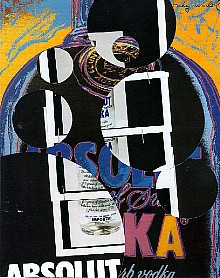 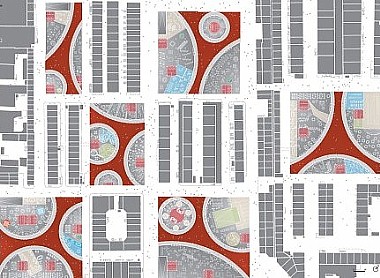
I like this too.
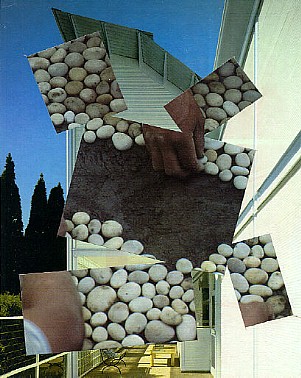 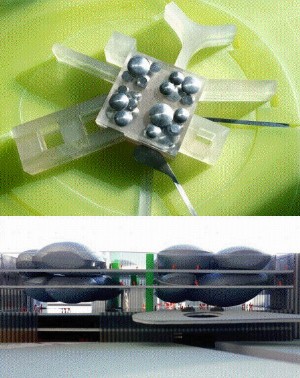
2008.08.13 17:48
has the sun finally set on oma?
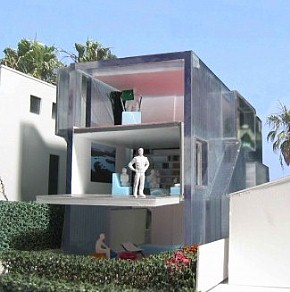
OMA's take on domestic flexiblilty, 2005.
2008.08.13 16:37
when thought matters
It was the Hypnerotomachia Poliphili and its profanation of love. "Religion of materiality" and capitalism as today's real religion.
The symbolic isn't dead, merely profaned. Just look at higher education as the symbolic profaned via its high price.
As to architecture profaned, I'm thinking of something along the lines of how html and the internet profaned publishing.
The assimilating imagination and the metabolic imagination are the more profane imaginations, whereas the osmotic imagination and the electro-magnetic imagination are the more sacred imaginations. They can all be utilized when it comes to design.
2013.08.13 15:56
13 August
Art is not an architecture, but art can certainly strive to be done architecturally.
14081301 inverted Motherhouse of the Dominican Sisters plan at Medical Mission Sisters site Ury model 2206i25
14081302 Motherhouse of the Dominican Sisters northeast of Ury Farm plans model 2206i26
| |
2014.08.13 17:07
Eisenhower memorial, politics as usual
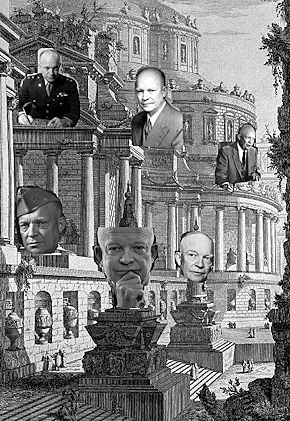
“monstrosity”
a novel take on memorialization
I vote
all of the above
2014.08.13 17:24
Inspirational Images
The notion of design happening in a vacuum inspired an image:
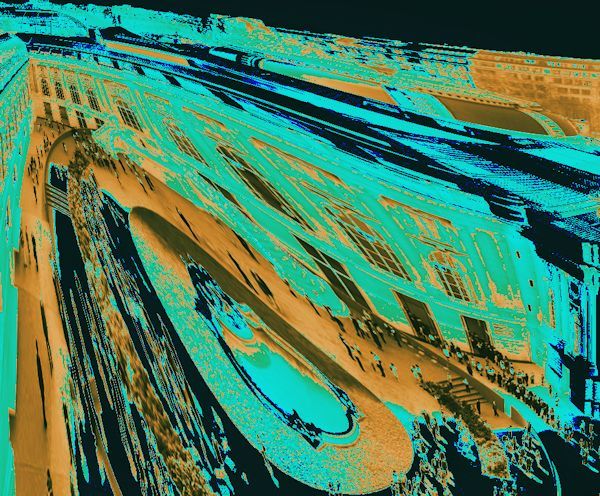
14081301 Nieto Sobejano Extensión Museo Castillo de la Luz Las Palmas de Gran Canaria
14081302 Churtichaga + Quadra-Salcedo Arquitectos The HUB Flat Madrid
15081301 Altes Museum GAUA model plans 1100x550 2429i132 b c d
15081302 Altes Museum Customs Office of the Neue Packhof Berlin model layers renemed etc. GAUA site plan 2120i45 b
15081303 Custom Office/Packhof GAUA models plans 1100x550 2429i133 b c d
15081304 GAUA site plan IQ06 2429i134
18081301 Eclectic Houses Egyptian 2 model work 223ai11
18081302 Monchengladbach Museum plan work 222ai02
18081303 Museum of Decorative Arts plan 224ei03
20081301 Neue Nationalgalerie model work 2191i12
|